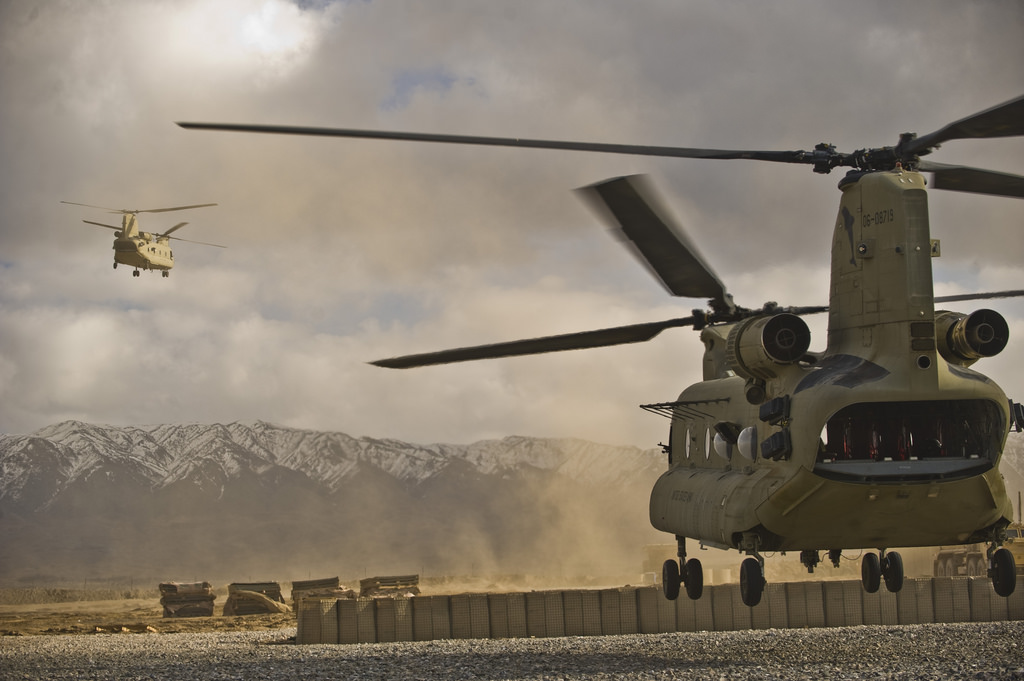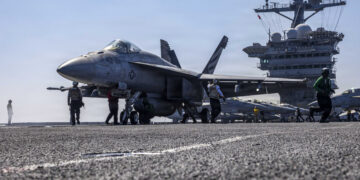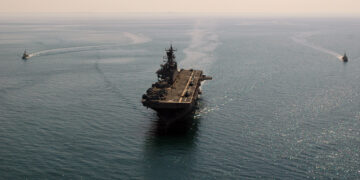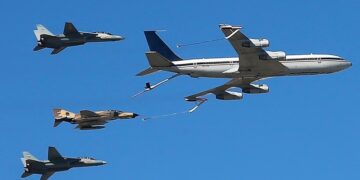January 9, 2024
Deterrence is not working in the Middle East

The risk of the Israel-Hamas war expanding into a brutal regional conflict continues to increase at the same time that violent incidents between the United States and Iran-backed militias elsewhere in the region worsen. Last week, a U.S. strike killed an Iran-linked militia commander in Baghdad.
The exchanges of fire between U.S. forces and the Iran-led Axis of Resistance reflects a concerning scenario for U.S. policymakers amid the ongoing failure of regional deterrence to prevent Iran-backed militia strikes on U.S. positions and international maritime shipping in the Red Sea. In this scenario, President Joe Biden’s administration should implement a restrained diplomatic approach that focuses on de-escalating potential and actual points of friction in the region or risk putting U.S. soldiers and citizens in harm’s way.
Since Oct. 17, Iran-backed groups have targeted U.S. forces more than 118 times, harming nearly 70 U.S. soldiers. Strikes on U.S. positions significantly decreased during a truce between Israel and Hamas in late November, even though the deal did not include non-Hamas groups. Still, attacks did not stop. On Nov. 29, a strike on a U.S. base in Syria constituted the first attack during the truce. This coincided with significant Iran-backed militia activity in the Red Sea and Bab al-Mandeb Strait via the Yemen-based Houthi movement and Iran’s Islamic Revolutionary Guards Corps (IRGC), including missile strikes, drone surveillance of U.S. ships, and direct Houthi-U.S. fighting that killed several Houthi fighters.
New strikes against U.S. forces and maritime shipping by Iran-backed groups expanded after the truce expired on Dec. 1, most notably by the Houthis and other militias in Iraq. More strikes are guaranteed as fighting continues to expand in southern Gaza and as Iran-backed groups increasingly lose patience with limitations their patron places on them to avoid a broader conflict—especially given Washington’s retaliatory strikes against the militias.
More on Middle East
Events on Middle East









